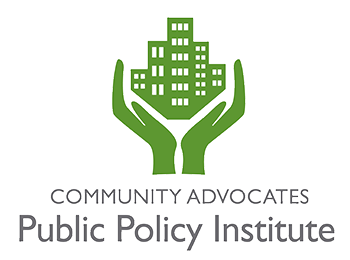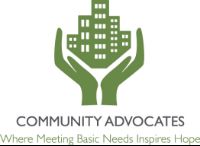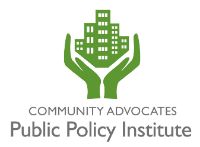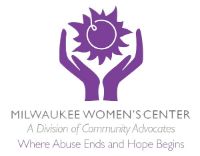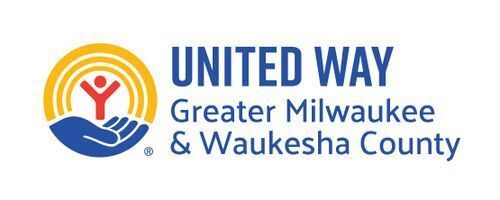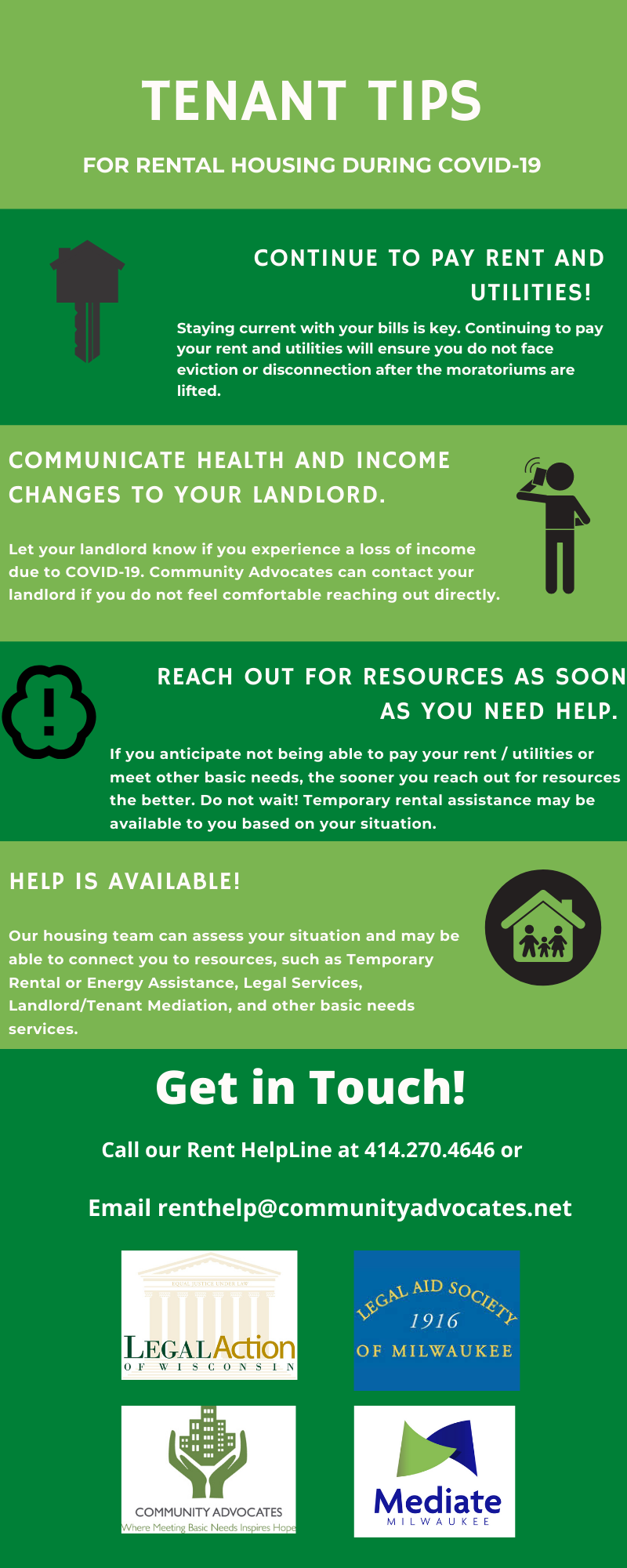
Wisconsin’s temporary hold on evictions was put into place on March 26, 2020, to help residents maintain stable housing during the unpredictable and unprecedented times brought on by COVID-19. With the statewide ban on evictions now set to end on Tuesday, May 26, 2020, Community Advocates is experiencing a surge of calls from households still experiencing hardship who are worried or confused about what is next and how to get help. Here are some things landlords and tenants need to know.
Even though tenants could not be evicted this spring, they were still required to pay their rent. If tenants have not been able to keep up with their rent payments, they will be at risk of receiving an eviction notice or filing after May 26 if the back rent is not satisfied or arrangements are not made. These tips for tenants in English and Spanish were created for tenants unable to pay their rent.
- While the eviction ban ends on May 26, Wisconsin has instilled regulations that prohibit landlords from charging late fees for the unforeseeable future.
- Separate from the state’s eviction moratorium, the federal CARES Act bans any evictions in federally assisted properties for nonpayment of rent until July 25, 2020, and possibly even August. To find out if the property you live in is protected by this order you can visit this website. In addition, Legal Aid Society of Milwaukee developed this video to explain the federal moratorium in detail.
- Temporary rent assistance may be available for tenants who experienced a loss of income due to COVID-19 based on their circumstance. To apply, you can begin the process online by filling out the rent assistance application at this link, or you can email RentHelp@communityadvocates.net or call 414-270-4646 to request an application or ask questions. Tenants do not need to wait until they receive a 5-day notice to apply.
- Landlords experiencing hardship due to COVID-19 related disruptions may be eligible for a mortgage deferral for up to 180 days. Assistance programs and deferrals can only be accessed by proactively calling your lender and requesting a payment plan. NOTE: Application deadlines differ among lenders, so reach out sooner rather than later. Take Root Milwaukee’s website has comprehensive information and a list of the direct mortgage help lines for various local financial institutions at this link.
How to Get Help
Community Advocates and our partners through the Rental Housing Resource Center -- Legal Aid Society of Milwaukee, Legal Action of Wisconsin, and Mediate Milwaukee -- created a Rent HelpLine for tenants and landlords who are having financial hardship because of the COVID-19 crisis. Tenants and landlords can contact the Rent HelpLine at 414-270-4646 or renthelp@communityadvocates.net for information and resources to address their rental housing problems.
Communityadvocates.net also has COVID-19-related information on housing, energy assistance, food assistance, wellness, unemployment benefits, and more for individuals and families who need help during this public health emergency.
Como Obtener Ayuda
Si necesita ayuda con el alquiler debido al coronavirus, por favor visite communityadvocates.net/who-we-are/covid-19-response-and-resources.html o llame el Rent Helpline aquí 414-270-4646.
Por más información sobre los recursos disponibles por propietarios como Usted o sus inquilinos, por favor visite communityadvocates.net/who-we-are/covid-19-response-and-resources.html o llame el Rent Helpline aquí 414-270-4646. Community Advocates tiene asistentes que le pueden servir en inglés o español.
What to Expect When You Call the Rent Help Line?
The existing Community Advocates Housing team is monitoring incoming calls / emails to the Rent Help Line and assessing client needs, including temporary financial assistance, legal, and mediation.
Callers are directed to a voicemail and asked to provide a brief summary of their housing issue and return contact information. Calls are returned in the order they are received and our team is doing everything they can to return messages within two business days. It is appreciated if callers wait the two full days prior to calling back or emailing.
Due to the extremely high volume of calls we're receiving, we recommend that landlords and tenants email their housing concern and contact information to RentHelp@communityadvocates.net if at all possible. Otherwise, callers can leave a message and a Housing Advocate will return the call.
When the Housing Advocate returns the call, if the housing concern is related to financial strain and a need for temporary rent assistance they will ask you some questions about your income and income loss. It is helpful to have this information readily available.
Community Advocates and our partners understand what a trying time this has been for many households and we are here to help.
